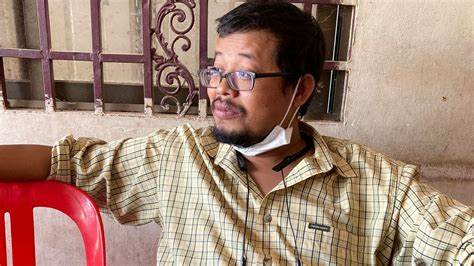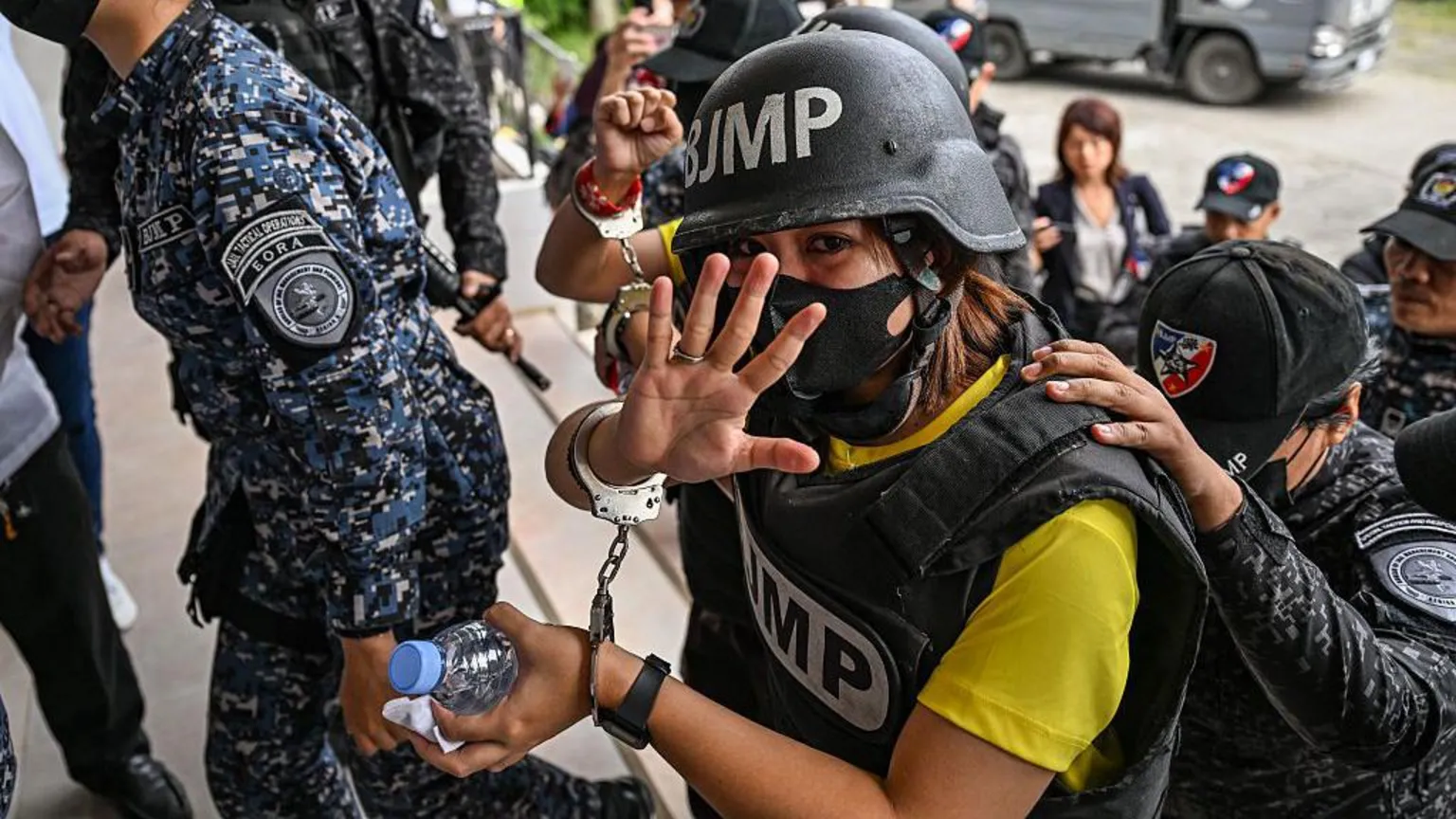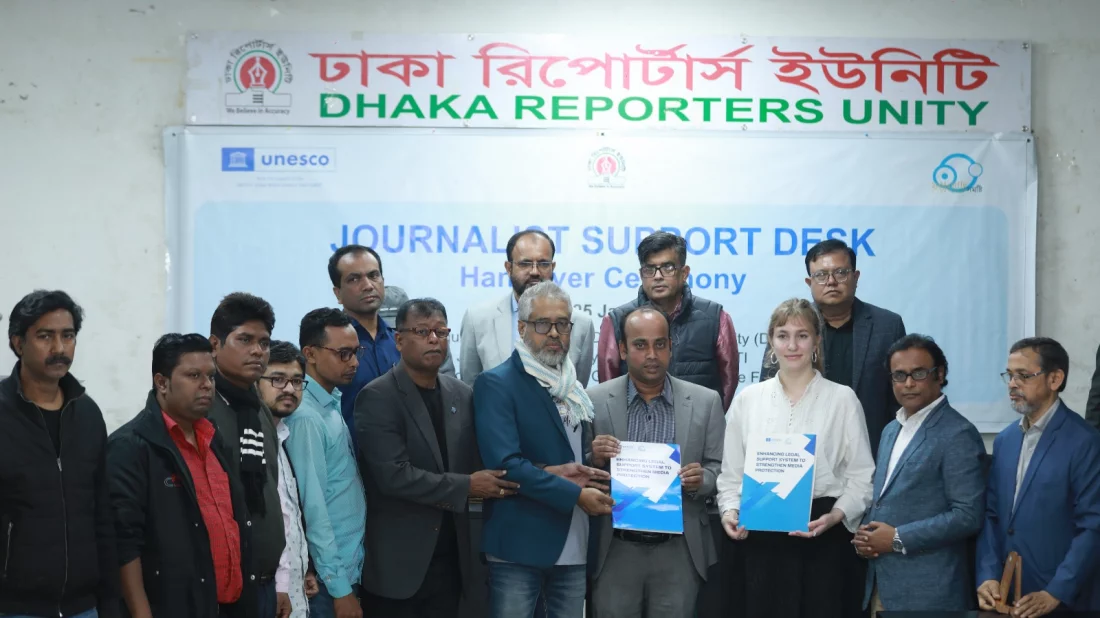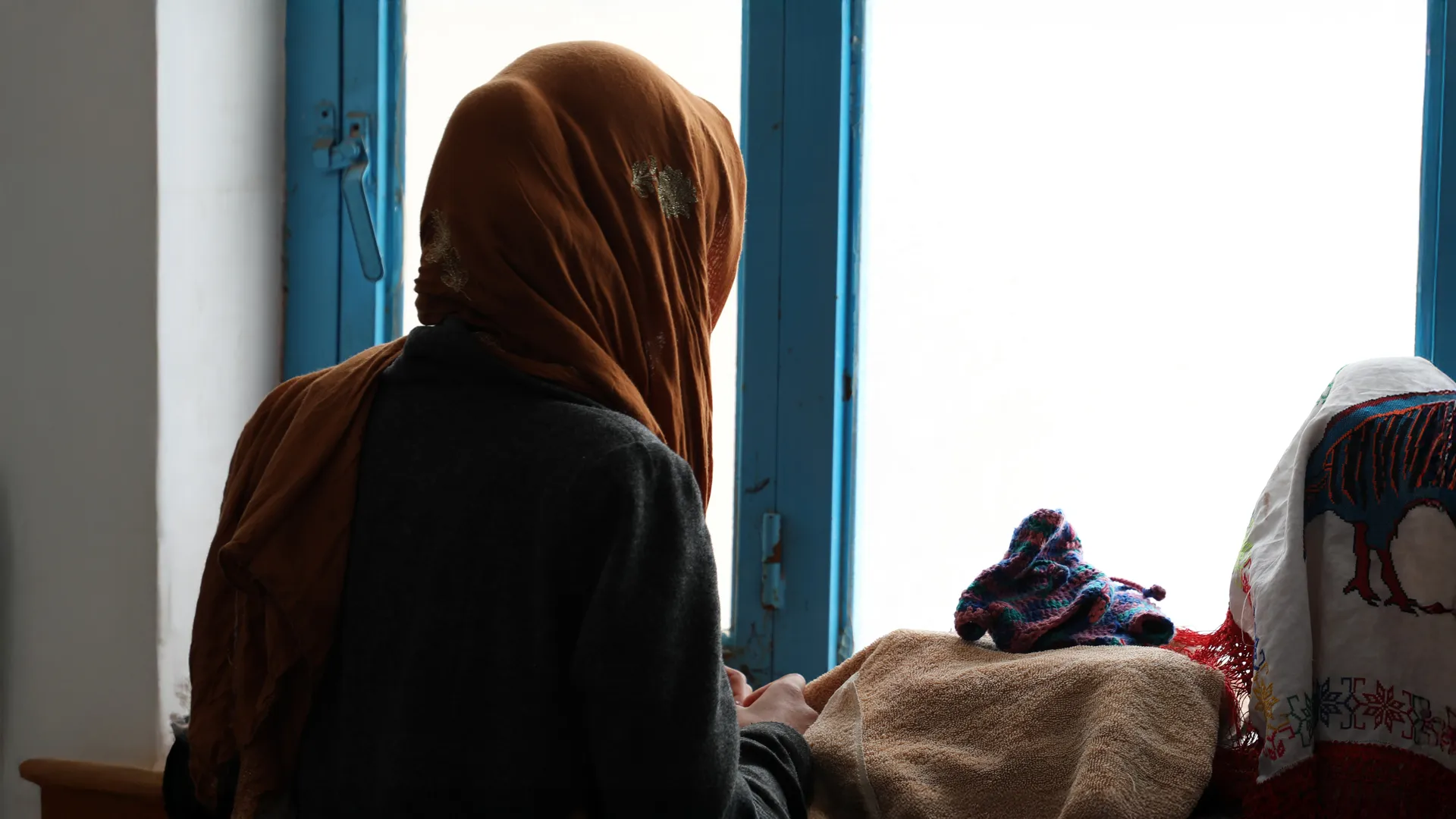
Fiction Turned Threat: JD Vance’s False Claims Spark Real-World Attacks on Journalists
October 1, 2024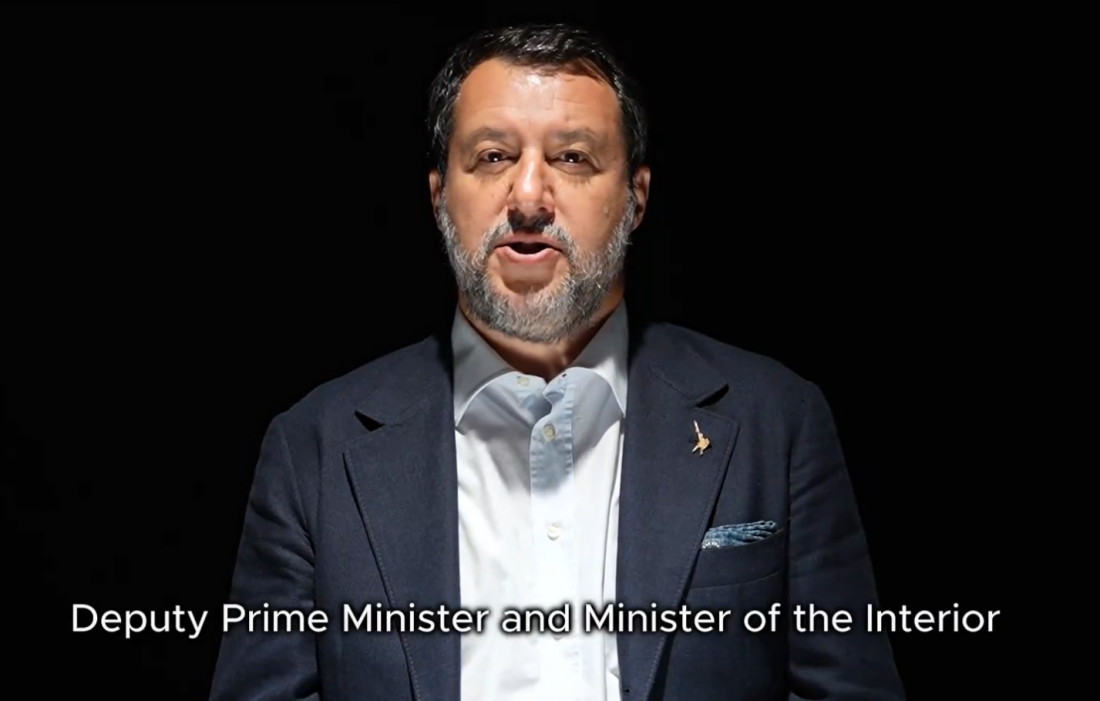
Salvini Sparks Debate Over RAI Independence After Unfiltered Monologue Airing
October 1, 2024October 01, 2024 – Cambodia –
Cambodian investigative journalist Mech Dara, renowned for uncovering human trafficking and online scam networks, was detained on September 30, 2024, by military police at a toll booth near Sihanoukville while traveling with his family. He was formally charged on October 1 under Cambodian anti-incitement laws—specifically articles 494 and 495—for “inciting social unrest” related to Facebook posts that highlighted environmental damage to a sacred mountain site from quarry activity. The Phnom Penh Municipal Court remanded him in pretrial detention at Kandal Provincial Prison, where he may face up to two years behind bars.
Dara’s arrest prompted global concern. CPJ (Committee to Protect Journalists) strongly called for his release, stating his detention demonstrates “how far Cambodia’s government is willing to go to squelch independent reporting.”Amnesty International echoed this, criticizing the misuse of vague “incitement” charges that threaten peaceful freedom of expression and contribute to prolonged detention. The U.S. Embassy in Phnom Penh labeled Dara an “internationally respected journalist” and urged Cambodian authorities to release him.
Dara has a history of reporting on illicit activities. In 2023, he received the U.S. State Department’s Trafficking in Persons Report Hero award for exposing Cambodia’s infamous scam compounds exploiting trafficked labor, reporting that also spurred U.S. sanctions against implicated Cambodian officials.
Despite deteriorating conditions—long interrogation, overcrowded pretrial detention, and declining health—Dara was granted bail around October 24, 2024, after issuing a public apology broadcast by pro-government media. A court-ordered video showed him expressing remorse and pledging to avoid harmful content; subsequently, he indicated plans to withdraw from journalism and work as a farmer.
Dara’s plight reflects a broader crackdown on Cambodia’s independent press. Police and courts are increasingly using incitement and defamation laws to stifle dissent, targeting reporters who challenge state-backed narratives. His case has a chilling effect: Cambodian reporters—especially freelancers—now face growing risks of surveillance, arrest, and forced self-censorship.
Reference –

